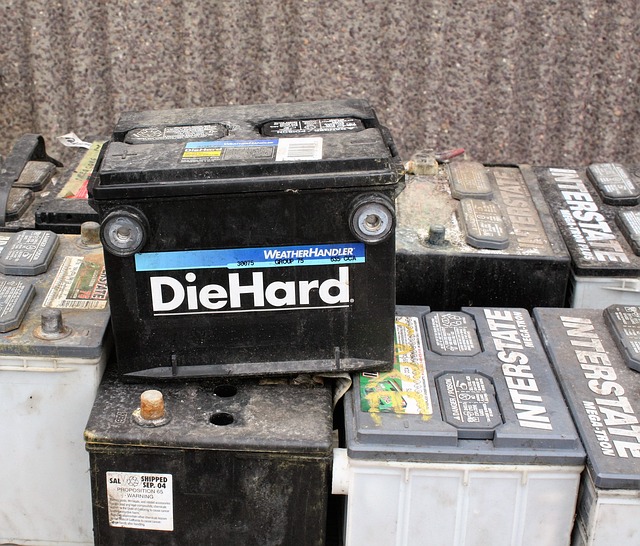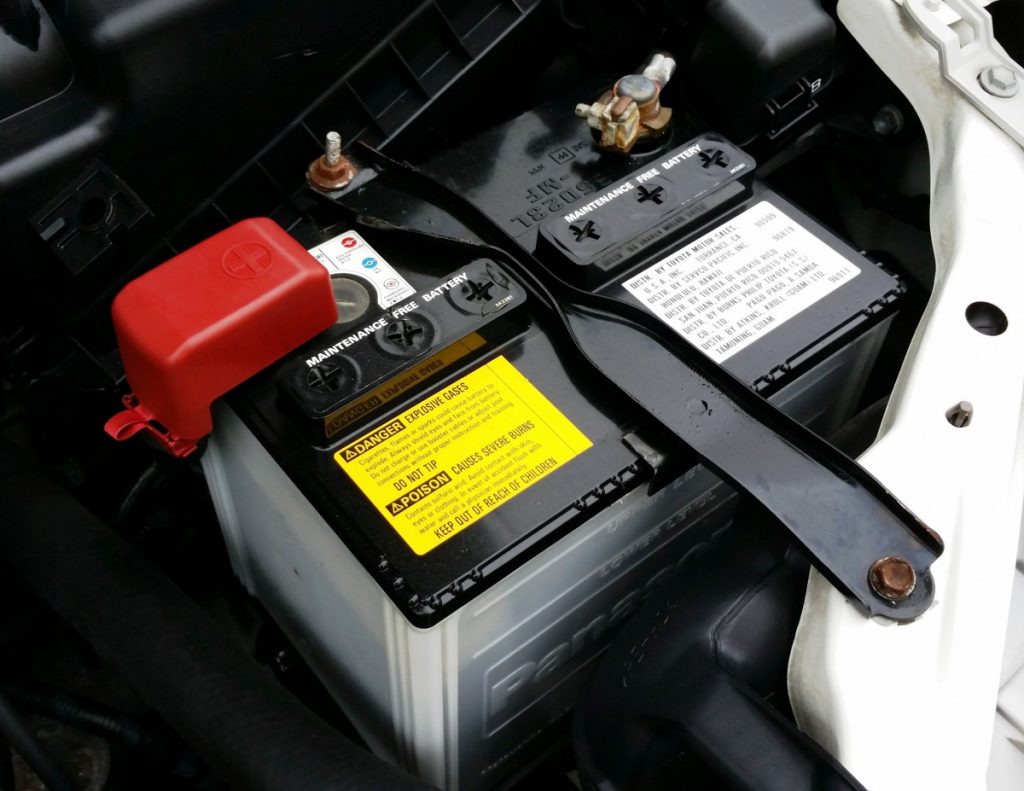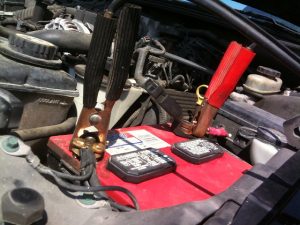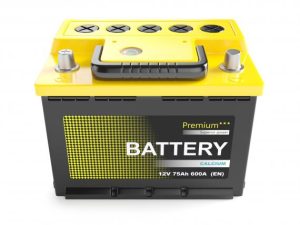Summary
– Cheap car battery: how it works
– Car battery: characteristics
– Cheap car battery: how to choose it?
– Car battery: practical advice
The battery is a part of the vehicle that is increasingly solicited by the numerous electrical functions necessary for engine management, safety or comfort. When it comes to replacing a battery, it is vital to choose it according to the vehicle’s characteristics and its quality. Since batteries are susceptible to temperature variations, they are often replaced at the beginning of winter or summer.
Is buying a cheap car battery a good idea, and under what conditions? We help you to see more clearly.
Cheap car battery: how it works
The battery is a mini power station that gives back electricity by chemical reaction: plates of different materials, anodes and cathodes (lead and lead oxide or nickel and metal hydride) exchange electric charges through an electrolyte (mixture of sulfuric acid and water).
Depending on the direction in which this exchange of charges occurs, it allows either the production of electricity for the vehicle or the recharging of the battery.
Car battery: characteristics
Buying a battery requires compliance with the characteristics indicated on its casing, which must correspond to the vehicle’s needs. Here are the different features you need to check:
– The battery voltage: is expressed in volts (V) and is generally 12 V.
– Starting current: this is a 3-digit value in amperes (A) that determines the maximum current delivered. It is crucial because it determines the current absorbed by the starter at start-up. The values range from 250 A to 600 A.
– Battery capacity: This indicates the battery’s electricity storage potential in Amperes hours (Ah). The higher this value is, the longer the discharge time will be, the larger the battery’s size and weight. The values vary from 35 to 70 Ah for passenger cars.
Good to know: a diesel engine will require more current at start-up than a gasoline engine.
Mistakes not to be made
If your motivation is to buy a battery at a low price while preserving its performance as much as possible, here are some valuable tips:
Brands

Generic brand batteries are the cheapest, but their quality and, therefore, their longevity is less. A determining factor is their weight, which is much less than a premium battery (Bosch – Fulmen – Varta – Tudor…).
The characteristics
Contrary to what one might think, replacing the original battery with a battery of the same starting intensity and capacity is not very interesting. Indeed, for financial reasons, manufacturers equip their vehicles with slightly undersized batteries.
It is, therefore, preferable to choose a battery with a slightly higher capacity:
– gasoline vehicle equipped with an original 32 Ah battery to be replaced by a 40 Ah battery.
– Diesel vehicles with an original 50 Ah battery to be replaced by a 60 or 70 Ah battery.
Good to know: there is no upper limit (apart from the available space) for the battery capacity. A large value will not affect the reliability of the alternator.
With or without maintenance
There are two types of batteries: maintenance and maintenance-free. The first type, which is rarer, allows the electrolyte to be replenished by adding demineralized water. For the same price, they are therefore preferable for the battery’s longevity.
Car battery: practical advice
Storage
For seasonal use, for a motor home or a classic vehicle, for example, it is better to remove the battery and store it in a frost-free area.
Connection
If generally, the replacement of the battery does not present any particular difficulty (avoid short-circuits and connect the positive cable first), the most recent vehicles require, on this occasion, a reset of the ECUs and the implementation of the diagnostic device.




